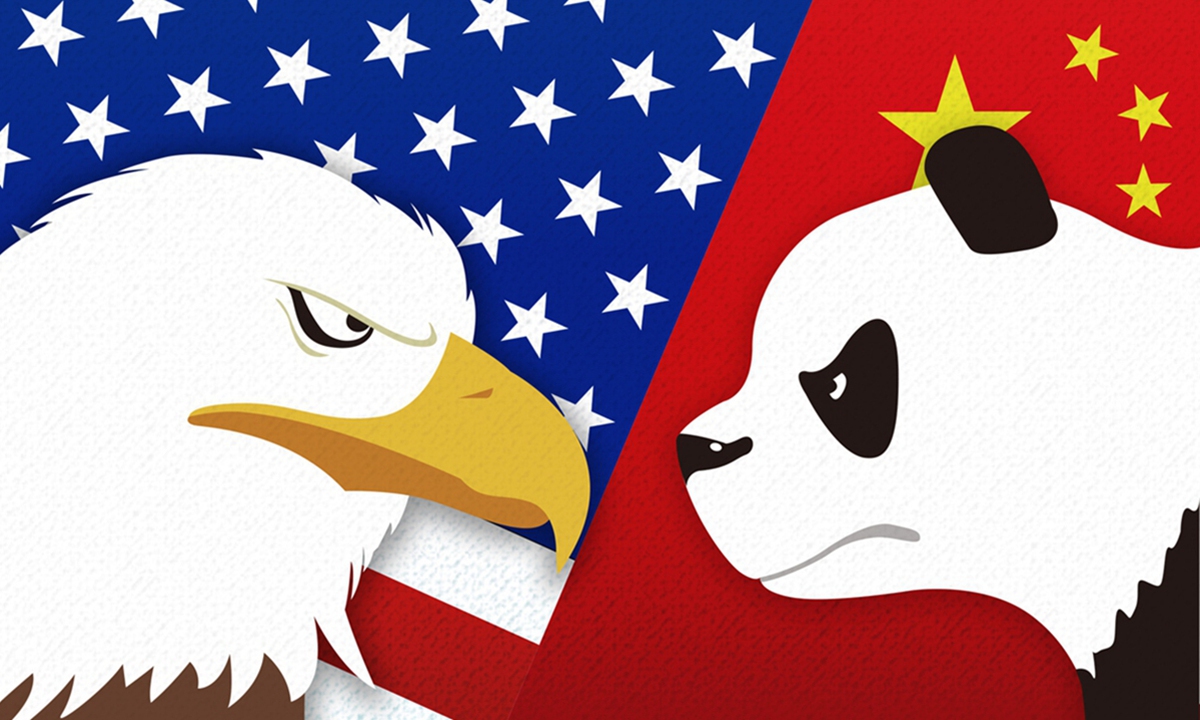
Photo: GT
Japanese, US and French troops kicked off their joint military drills Tuesday in Japan's Kyushu region. The drills include fighter jets and amphibious operation exercises. Japan also announced that a joint military exercise between Japan, the US, France and Australia is scheduled in the East China Sea to coordinate with the land exercises of the above-mentioned three countries. The purpose of the exercise is to pressure China and send a signal that the US and Japan could bring more allies together to contain China.
Australian troops have made repeated appearances in the South China Sea, hyping the so-called freedom of navigation. European countries have recently started to do the same, and they are more like making a show. This time, French and Australian warships came to the East China Sea, which is another step forward.
The Biden administration's strategy of rallying allies to pressure China has reaped some gains, which is a test of how China will respond.
To strengthen Western ideological alliances, these countries can conduct shallow cooperation in joint military exercises. This is what Washington can do with a low cost. Tokyo would love to play an active role in this, since it not only soothes its anxiety about China's rise, but also asserts itself as something of a major force in the Western world.
We should understand that the more countries the US ropes in to contain China, the more complicated its team will become. We should be able to treat the members in its team differently. As we guard the bottom line of our own security interests, we should also stick to our strategic goals and not be affected by the US and Japan's acts to harass China.
Just think of those European countries. When the Western Pacific was busy in economic development and was a geopolitical focus, these countries felt a bit lost and worried about being marginalized. The US and Japan invited them to play some trivial roles, which caters to some countries' opportunistic mentality. Therefore, some European countries have come forward to gain a cheap limelight.
It has been a long time since European countries had made a big scene, but we should not be misled. It is impossible for European countries, even including the UK, to make themselves China's strategic enemies. They are always assessing the pros and cons of making gestures to move closer to the US and having disputes with China. European countries, though far away from China geographically, have great benefits in economic cooperation with China. European policymakers will never be so stupid to bind with the US strategically and engage in long-term conflicts with China.
Outside of the ideological field, almost all cooperation between European countries and the US against China is expedient, temporary and unstable. Europe is exploring its new strategic position. China must see this clearly and not be confused by some superficial noises.
It is mainly the US that has military ambitions toward China. With the widening strength gap between China and Japan, Japan's attitude toward China has become defensive, but it may become offensive in order to be defensive. Australia is a running dog of the US, and it has been calculating the pros and cons of being loyal to the US and acting against China. India has border issues with China and is jealous of China's development. But India has been thinking of taking advantage of the US, instead of helping the US at the loss to itself.
What China is encountering in most fields are mainly "troubles." Only the risk from the US is different strategically. The US hopes to overwhelm China most, with both intentions and practices. Washington is pushing China-US strategic competition deeper and broader.
China should respond to the US' strategic provocations in two ways. First, China should unswervingly ensure its own security. With China's strength, it needs to make the US be increasingly sure that if the US launches a war with the People's Liberation Army in China's adjacent waters, it will be defeated. China's strength in air force, navy and ground-based missiles is sufficient to overwhelm US troops and its allies. And China has a strong will to use these forces to defend its core interests. China is also confident that its nuclear deterrent will ensure that the US dares not engage in nuclear blackmail against China.
Second, under the larger framework of peace, China will definitely continue to develop faster than the US in the next one or two decades. China's growth of strength will gradually disintegrate the US' will to strategically contain China and prompt a change in the US allies' attitude.
China's disputes with the US and the West are likely to increase over the years. But China should manage these disputes strategically, grasp the essence of China's national security and continue to expand the military, economic and technological foundations that support China's national security.




